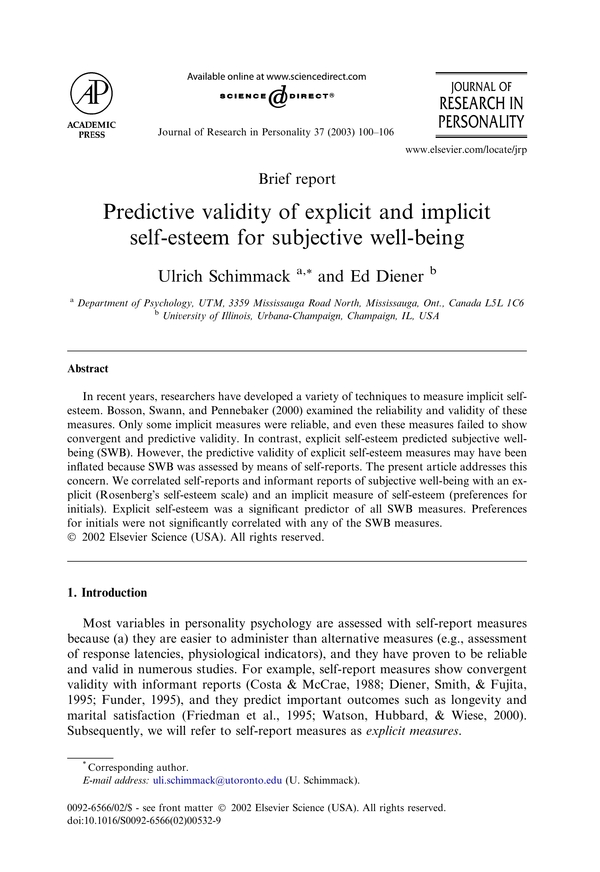10+ Predictive Validity Examples to Download
There’s this quote that says, “you are only promised today and never tomorrow.” No one is really ready for the future. There is no assurance of what will happen next. Today you could be the luckiest person alive, but tomorrow your house could set on fire. The best thing anyone can do is guess and prepare for what the future holds. That’s just like in the corporate world; you need to make business forecasting to ready your company for what’s to come. The way the world works is unexpected and unexplainable. Sometimes all you are left with are your predictions.
Preparation helps everyone deal with oncoming phenomenons. To prepare for something, you must first predict the following situation and possibility. This also applies to test. Assessing the performance and capabilities of a certain construct is necessary for figuring out its reliability. This can be done through predictive validity. Predictive validity is a type of criterion validity that compares the results of two tests that are done with a significant amount of time in between. This is unlike concurrent validity that compares results almost simultaneously. This is considered one of the most reliable models of validity for various fields and research frameworks.
Fields and Flowers
Since predictive validity is an established form of validity, it should come as no surprise that many fields use it to validate their constructs. Predictive validity is understandable enough to be used to validate an amalgam of test and measurements from different areas. Here are some of the examples of the versatility of predictive validity.
- Business – many companies use predictive validity when hiring someone. This usually through some sort of testing during or before the employment process. The results are then compared to the employee’s job performance to see if there are any positive results. These results could be used and analyzed to see if there is a need to formulate employee action plans.
- Education – schools and government agencies rely on predictive validity to ensure that their standardized test isn’t sub-par. They correlate the students’ grades with various outcomes to see if their testing is reliable. Universities also use this method to see if their process of choosing students is agreeable.
- Psychology – this type of validity is also used in psychology. When psychometric testing scores predict future performance or outcome of a person based on a given criterion, this proves that the test has predictive validity. This examines the measuring power of a test and its effect on the future.
10+ Predictive Validity Examples and Templates
Documenting and reporting the predictive validity of a test is hard. You need to make sure all the details and statistics are all part of your research outline. You have to be comprehensive and understandable in your report. To help you make an informative report, here are 10+ predictive validity examples and templates for you.
1. Analytical Report Template
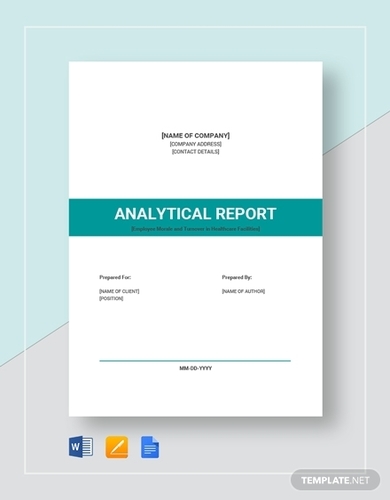
2. Evaluation Report Template
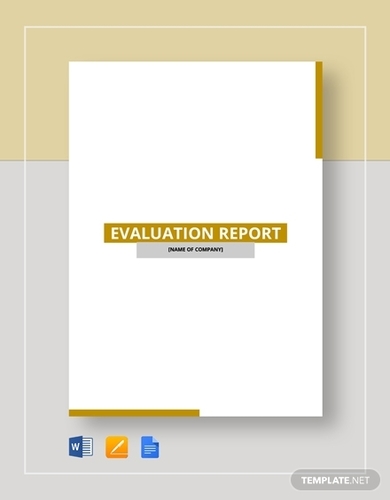
3. Performance Report Template
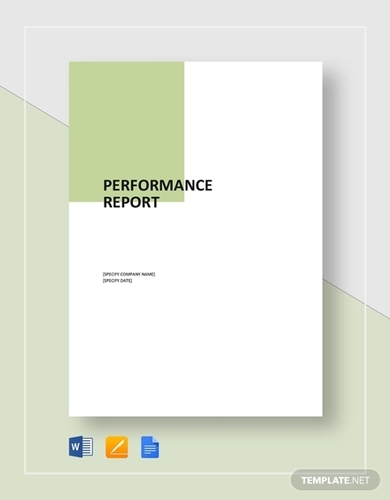
4. Summary Report Template
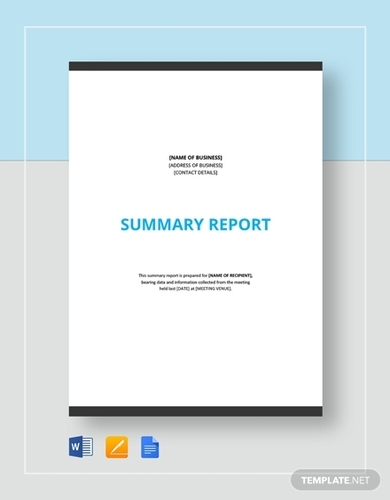
5. Test Report Template
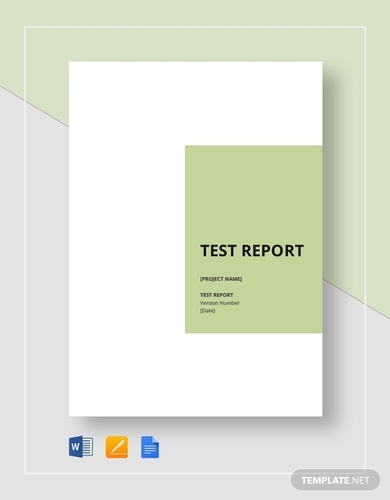
6. Free Project Report Template
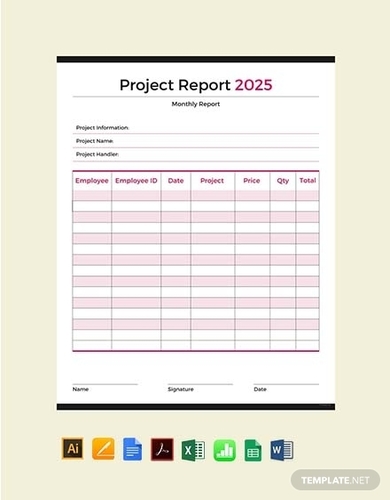
7. Free Sample Training Report Template
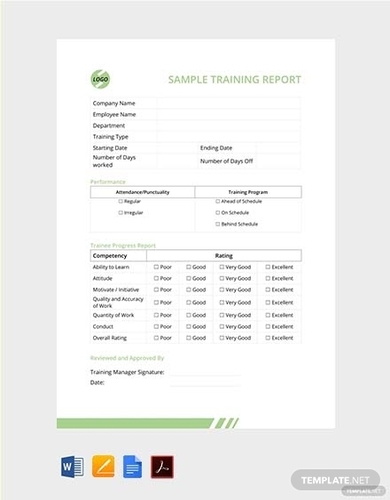
8. Free School Progress Report Card Template
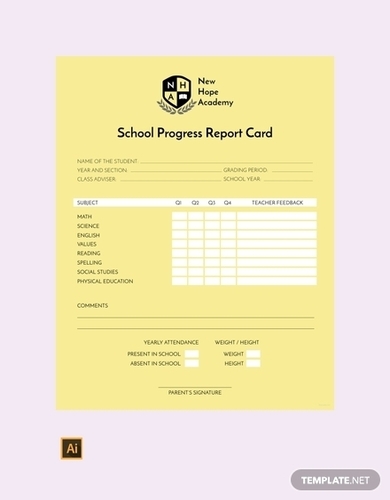
9. Free Project weekly Status Report Template
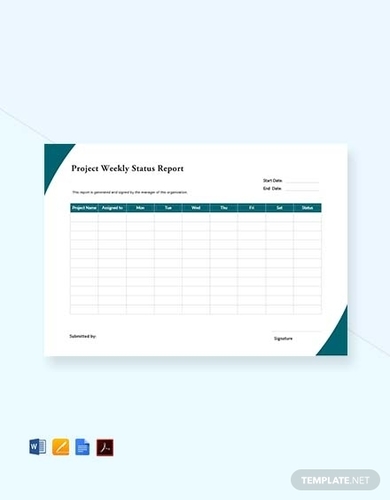
10. Free Business Report Cover Page Template
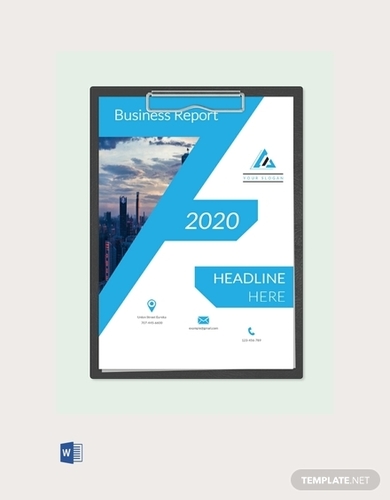
11. Predictive Validity Report
Psychometric Testing
One of the many tests that use predictive validity is a psychometric test. Psychometric testing is a method used to assess a person’s intelligence, skills, and personality. This kind of test compares people’s abilities minus prejudice. This is usually used by recruiters to assess how compatible the new hires are with the company. This concept is not unheard of to anyone because this has been around since the 20th century. First used for educational psychology, psychometric testing has become an essential part of psychology. Nowadays, you can find all types of psychometric tests online, but some employers still use test papers, personality questionnaires and whatnot.
What You Want Me to be
When vying for a job application, you need to find out what kind of employee the company is looking for. You don’t necessarily have to fashion yourself to be the person they want; you just have to see where you can fit yourself among the criteria. And when it comes to the psychometric test, an excellent way to assert yourself is if you think like the ideal candidate when taking the test. As a team player, what should I answer? How would a problem solver react to this situation? These are the kinds of questions you need to ask yourself before answering.
Calm and Conditioned
Like any endeavor, you need to be sure you are fit and ready to take on what’s coming ahead. You shouldn’t pressure yourself before the test, which will only give you stress. You just need to relax, take deep breaths, and not overthink things. Being mentally ready is not enough; you also need to be physically prepared. Be sure to follow the right sleeping time schedule, and don’t tire yourself out before the test.
Pick a Pace
Time is money in the corporate world. So when taking a psychometric test, you should manage your time wisely. Don’t worry; you don’t have to bring a study planner around. Don’t spend so much time on one item, if you can’t think of an answer for a question, skip it and get back to it later. Although you also refrain from answering too fast, your first choice might not be the best choice for your question. Think things through and when you feel confident with your answer, move on to the next.
Weapons of War
Going into battle unarmed is going to get you killed. That’s why, when given a chance, you should use all the tools you can use. Calculators, periodic table, and whatever equipment allowed in the testing area should be utilized. Don’t give yourself a handicap by not having a complete arsenal. Always bear an equipment checklist before your test.
True and Honest You
When trying to get into a new career, the first thing you think about is acing the job interview. But your personality doesn’t only shine on the meeting; it is also assessed in the psychometric exam. When answering the test, you need to stay true to who you are. It’s fine to make yourself look better, but overdoing it can lead to many inconsistencies.
Only time can tell what the outcome of your actions are. You need to be prepared for what’s in store for you. And when you think you aren’t doing things right, you can always start all over again.



